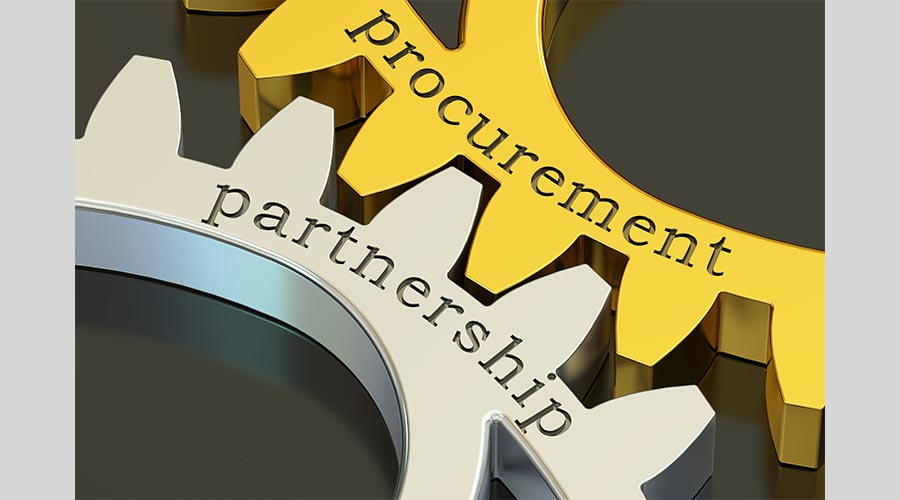
It's possible that recent tariffs could significantly increase the cost of some cleaning products, equipment, as well as cleaning service charges. This could impact cleaning contractors and facility managers across the United States. This challenge is addressed in a new white paper, "Navigating Tariffs and Policy Changes in Facility Management and Cleaning Services," co-authored by Steve Ashkin, CEO of The Ashkin Group, and Dean Stanberry, immediate past chair of IFMA.
The authors emphasize that strengthening distributor, vendor, and customer relationships is a critical first step to help mitigate these financial impacts.
"Current agreements between distributors, vendors, cleaning contractors, and building managers may need restructuring the longer the tariffs remain in place," explains Ashkin. "All parties must adopt more flexible pricing structures and revise current agreements to manage future financial pressures collectively."
Additionally, Ashkin suggests the following specific actions:
- Distributors must clearly document and communicate price changes, ensuring that their customers are aware of the factors influencing the cost of their cleaning products should they increase.
- Vendors and distributors must enhance cost forecasting efforts, providing customers with information about which products may face tariffs, to what extent and, conversely, suggest product alternatives that are not or are less impacted by tariffs.
- Additionally, building managers must know as soon as possible if certain products are no longer available and distributors, as mentioned, should be able to suggest product alternatives.
- Future agreements between distributors, vendors, and their customers should also include provisions allowing for flexible price adjustments due to other unforeseeable events; this would apply to tariffs as well as natural disasters, often caused by our changing climate.
Ashkin adds that a thorough legal review of renegotiated agreements may also be necessary.
"Ultimately, collaborative problem-solving is essential in addressing these tariff-related challenges," emphasizes Ashkin. "With proactive communication, transparency, and mutual understanding, distributors, vendors, and their customers can more successfully navigate this fast-changing business landscape while still ensuring facilities remain clean, healthy, and sustainability focused."

 Celebrating BSCAI's 60th Anniversary eBook
Celebrating BSCAI's 60th Anniversary eBook The Down and Dirty on Cleaning in Virus Season
The Down and Dirty on Cleaning in Virus Season How Surfactant Use is Expanding in Commercial Cleaning
How Surfactant Use is Expanding in Commercial Cleaning